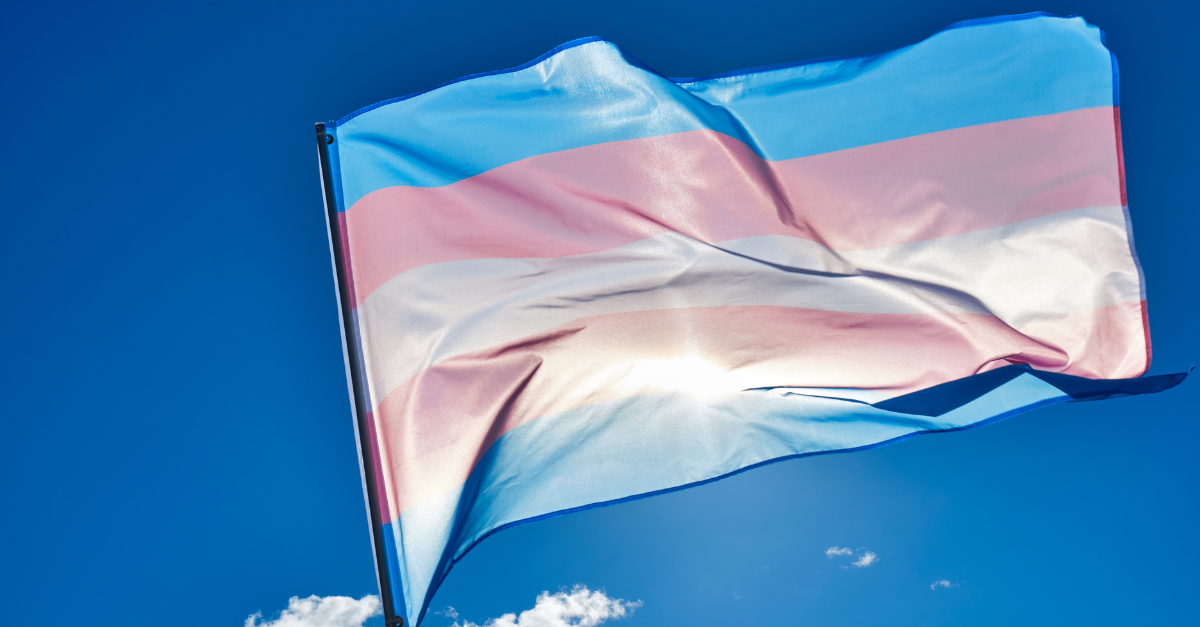NAWL Joins NWLC Amicus Brief in Sabatini v. Knouse
UPDATE: On March 26, 2024, the Massachusetts Appeals Court accepted the NWLC's motion today and their final brief was accepted. Please find the stamped copy here.
UPDATE: On March 13, 2024, NAWL joined the National Women's Law Center (NWLC) in their brief in the case of Knouse v. Sabatini.
Case Description: Appellant Kristin Knouse is an early-career scientist. Appellee David Sabatini, who served on her thesis committee when she was in graduate school and as her advisor at the institute where she subsequently went to work, reportedly pressured Knouse for sex from the time when she was a graduate student through to after her joining the institute. In 2020, the institute conducted an anonymous diversity, equity and inclusion survey, in line with NIH requirements. The survey raised concerns about the work culture in Sabatini’s lab. A subsequent independent review interviewed Knouse, among others, and concluded that Sabatini created an inappropriate, sexist, and sexualized work culture, and had inappropriately used his status to facilitate a secret sexual relationship with Knouse. As a result, Sabatini resigned.
Sabatini then sued Knouse for defamation, among other things, based on statements she made during the investigation and to colleagues seeking support. Knouse filed a special motion to dismiss under M.G.L. c. 231, § 59H, the Massachusetts anti-SLAPP law, arguing that Sabatini’s lawsuit was based on her exercise of the right to petition protected by § 59H. The superior court rejected this argument, and Knouse now appeals the superior court’s denial of her anti-SLAPP motion.
Description of the Brief: We intend to file a brief that, first, educates the court on the ubiquity of sexual harassment; that it is dramatically underreported, in part due to concern about retaliation; and that harassers are increasingly weaponizing defamation lawsuits precisely to retaliate against and chill reporting. Second, we intend to discuss why statements made in the context of employers’ sexual-harassment investigations are—and need to be—protected under anti-SLAPP statutes.





